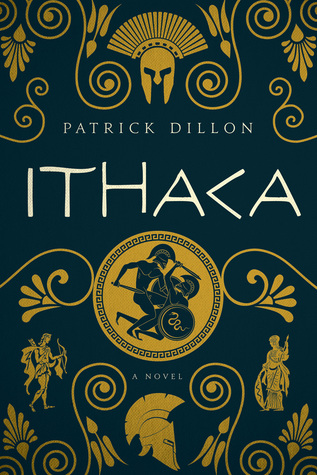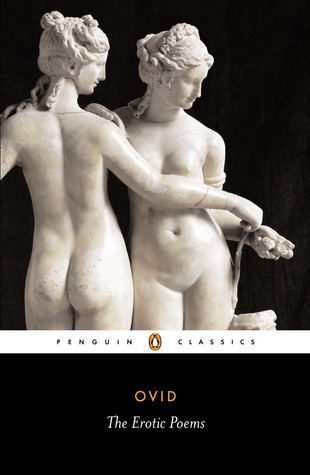
Title: Ithaca: A Novel of Homer’s Odyssey
Author: Patrick Dillon
Publisher: Pegasus Books
Hardcover: 352 pages
Source: NetGalley
Summary: (taken from Goodreads)
Telemachus’s father, Odysseus, went off to war before he was born … and never came back. Aged sixteen, Telemachus finds himself abandoned, his father’s house overrun with men pursuing his beautiful mother, Penelope, and devouring the family’s wealth. He determines to leave Ithaca, his island home, and find the truth. What really happened to his father? Was Odysseus killed on his journey home from the war? Or might he, one day, return to take his revenge?
Telemachus’s journey takes him across the landscape of bronze-age Greece in the aftermath of the great Trojan war. Veterans hide out in the hills. Chieftains, scarred by war, hoard their treasure in luxurious palaces. Ithaca re-tells Homer’s famous poem, The Odyssey, from the point of view of Odysseus’ resourceful and troubled son, describing Odysseus’s extraordinary voyage from Troy to the gates of hell, and Telemachus’s own journey from boyhood to the desperate struggle that wins back his home … and his father.
*I received a free copy of this book from the publisher through NetGalley in exchange for an honest review.*
Overall Rating: 3.5 out of 5
I have very mixed feelings about this book. On the one hand, the idea of telling a classic Greek tale through the perspective of another character in the story really intrigued me. I love The Odyssey and was super excited to sink my teeth into a story from Telemachus’s perspective. And I have to say, on that count I think this book was super interesting and successful. Part one of this novel sucked me in, and I could not wait to keep pushing my way through the story. I thought Telemachus was a completely fleshed out character and a lot of thought had gone into the effect not knowing his father would have on him. I also thought that his exploration with Polycaste was one of the strongest parts of the novel. Partly because she was another super interesting character and partly because this is a part of the story that has not been told to death and was rather innovative.
The rest of the book began to fall flat for me, though. Odysseus being discovered and recounting his tale is when I started to drift out of my engagement. I do not know how else the author could handle this (if someone has not read The Odyssey then they need to know what happened), but having Homer’s epic condensed to a chapter in plain English felt more like I was reading sparknotes than anything else which kind of bummed me out. It also has the problem that the reader knows how the story is going to end and the final few scenes playing out are kind of a let down for that reason.
So again, I am torn. I think that this book is really amazing at its best parts. The characters are well developed and the take on various characters’ psyches is super interesting. The idea that many of the heroes in these epics are brutes that are romanticized was a super interesting thread throughout, however, in the end it just feels like a lesser telling of a story we already know. I do not know how this could be worked around, since changing the source material would obviously also be a problem, however, if this book were completely from Telemachus’s perspective and followed the format of the first part throughout, I think I would have enjoyed it much more.
That said, I have several students who either really love The Odyssey or think it is interesting but can’t get past the language. I think this is the perfect book for either of those kinds of students since it is more accessible but also adds new ideas and viewpoints to the story. I would happily have a copy of this book in my classroom to recommend to those students and think it could lead to some interesting discussions about the values of various societies.
 Title: The Erotic Poems
Title: The Erotic Poems